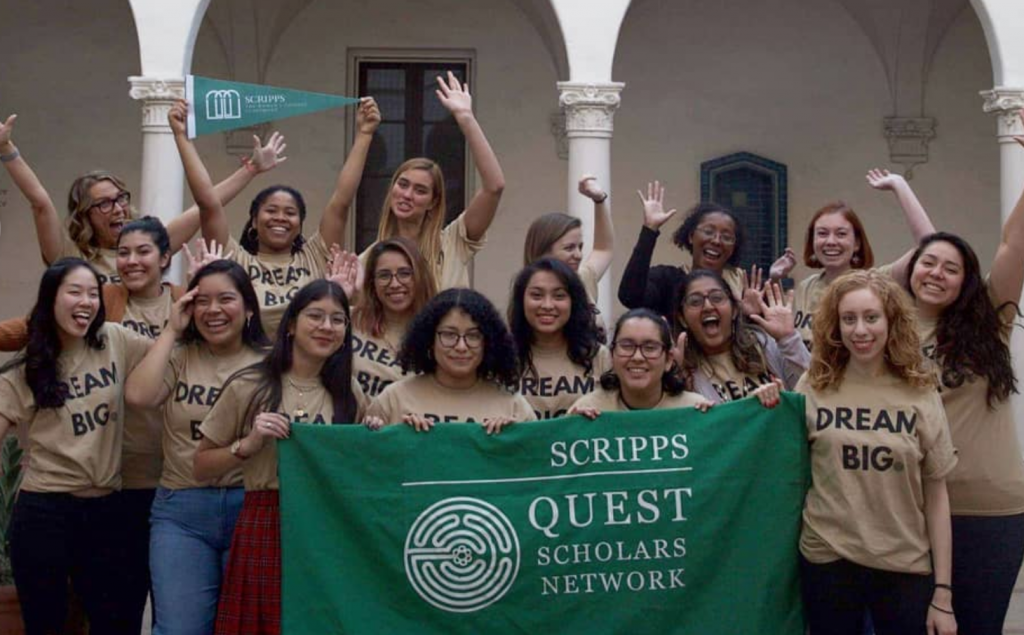Jacqueline Loh ’22
College is a scary time for everyone. For some, it’s their first time living on their own. For others, they are the first in their family to pursue higher education. First-generation (first-gen) students come from a myriad of diverse racial, cultural and socioeconomic backgrounds. According to the The Postsecondary National Policy Institute, student of color are more likely than white students to be first-gen students, with “42% of black students and 48% of Hispanic students [being] first-generation students, compared to 28% of white students.”
First-gen students face unique challenges, such as lack of guidance navigating college or financial burdens. First-gen students must overcome greater hurdles when it comes to paying for college as “27% of first-generation students come from households making $20,000 or less, compared to 6 percent of continuing-generation students,” according to a study from the Institute of Education Sciences.” Additionally, “English is not a first language for nearly 20% of first-generation students.” All these issues come together and form a unique experience and set of challenges first-gen students must face.
Another challenge that first-gen students may face is lack of parental guidance while applying for college or once in college. For many continuing-generation students, parents who hold bachelor degrees may be able to help navigate the application and decision process, and further help the student acclimate to college life. First-gen students do not have that luxury and work doubly hard to adjust to college life.
“[My parents] try to support me in the ways they can, but it is not their fault that those ways are limited,” Andrea Flores ’21 said.
Despite such adversities, these first-gen students emphasize the role their families played in their decision to pursue higher education, and how they support them today.
“I can’t really separate my family from my education because they are the reason I continue to pursue higher ed,” Flores said. “I want to be able to break barriers for the rising generation in my family and provide them with the resources I had to fight so hard to discover.”
“It’s a radical concept in that it is such a huge deal for me to be away from home, earning a degree,” Flores said. “No one in my family has ever done that.”
“Education is so important to me because it’s something that my parents have tirelessly worked at to ensure that my brother and I have more opportunities than they did growing up in Laos,” Ana Lavongtheung ’21 said.
Crystal Juan ’22 cites the resources college can offer as reasons her parents encouraged her to pursue higher education. Coming from Taiwan, “they didn’t have a worldly view or the resources available for them to be ready. And they believe that higher education, programs like study abroad, and learning foreign languages are all extremely beneficial in preparing myself for whatever is thrown at me.”
It’s easy to take college education for granted. It’s easy to look at the stacks of notes and deadlines and see college as a mere task to be completed and not an experience many do not have access to.
“Although it seems inevitable amongst the peers around me, it is an opportunity that not everyone gets.” Juan said, “My parents remind me of that constantly, not to force me to pursue higher education but to remind me that it is a privilege and that I should enjoy it rather than viewing it as an obligation.”
With all these challenges, there are resources on campus to aid and support first-gen students. The First-Generation at Scripps program provides workshops and events to connect the first-gen community and function as a support system. The SCORE office also works to build an inclusive community with an intersectional support system.
In Scripps’ goals of creating a diverse student body, it’s a paramount obligation for the administration and continuing-gen students to listen to and support first-gen students. They work twice as hard, overcoming even greater hurdles to get to the same place as continuing-gen students. To create a future that is more diverse and intersectional, it’s our responsibility to include and uplift those who need it the most.



